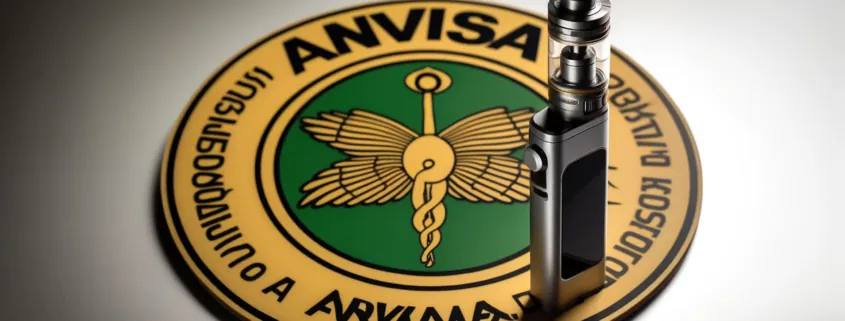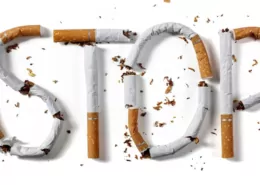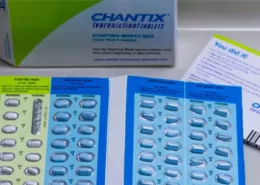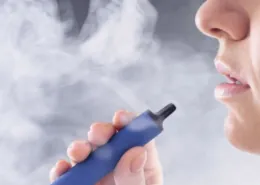Brazilian Anvisa to Reassess Electronic Smoking Devices Ban
The Brazilian Health Surveillance Agency (Anvisa) is set to reevaluate the ban on the sale of Electronic Smoking Devices (ESDs), including electronic cigarettes, pods, and vapes, in a meeting scheduled for Wednesday, April 17th, 2024. The prohibition has been in place since 2009, but recent developments and public consultation have brought the issue back into the spotlight.
Public Consultation Reveals Divided Opinions
Last year, Anvisa conducted a public consultation to gauge public opinion on maintaining the ban on ESDs. Out of the 13,390 submissions received, 37% were in favor of upholding the prohibition, while 59% opposed the ban or had considerations about the sale of vapes and e-cigarettes. Among health professionals, 61% agreed with the prohibition, while 32% disagreed.
The consolidated version of the text based on the data obtained from the public consultation will be presented next week by the process’s rapporteur and Anvisa’s president, Antonio Barra. Although a decision may not be immediate, with potential requests for more time to evaluate the new proposal, agency members are confident that the prohibition will be maintained.

ECIGATOR
Ecigator is one of the well-known vape brands spun off from FM Technology Co., Ltd, it’s an ISO-certified disposable vape manufacturer for OEMs, ODMs, and OBM since 2010. The founder team comes from top firms with more than 10 years of experience in the vaping industry and has devoted thousands of hours to providing users with a better and better experience.
Industry Perspectives and International Developments
Victor Loria, president of BAT Brazil, expressed hope that Anvisa will move towards regulating electronic cigarettes in Brazil. He cited studies indicating a lower health risk compared to conventional cigarettes and the fact that these products are being regulated in various countries as reasons to consider lifting the ban.
Loria highlighted potential benefits, such as tax collection and a reduction in the consumption of conventional cigarettes, if the regulation is approved. However, Ruediger Krech, director of the World Health Organization (WHO), has voiced his opposition to the use of electronic cigarettes.
Growing Consumption and Seizures in Brazil
Despite the prohibition, the consumption of electronic cigarettes has been growing in Brazil. A survey conducted by the Ipec institute between July and October 2023 revealed that about 2.9 million Brazilian adults admitted to having used electronic cigarettes, a 600% increase compared to a similar survey from 2018. Additionally, 6.3 million smokers of traditional cigarettes have already tried some type of vape.
The growth in consumption has been accompanied by a rise in seizures of smuggled electronic cigarettes. According to data from the Federal Revenue, seizures skyrocketed from 23,000 units in 2019 to more than 1.1 million in 2023.
Medical Community’s Concerns
The Federal Council of Medicine (CFM) classifies electronic cigarettes as a “gateway” to smoking and advocates maintaining the prohibition. The medical entity has called on the federal government and Congress to uphold the legislation banning electronic smoking devices, reinforce repression and control mechanisms, and develop campaigns to clarify the potential risks associated with the use of electronic cigarettes.
Conclusion
As Anvisa prepares to reassess the prohibition of electronic smoking devices in Brazil, the topic remains divisive among health professionals, politicians, entities, and the cigarette industry. While some argue for regulation based on potential benefits and international developments, others emphasize the need to maintain the ban to protect public health. The outcome of Anvisa’s meeting on April 17th, 2024, will have significant implications for the future of electronic cigarettes in Brazil.
- Is It Illegal to Vape or Smoke While Driving in Minnesota? - August 15, 2025
- American Airlines Vaping Passenger Alleges Assault in Police Report - August 15, 2025
- NEXA PIX 35K Disposable Vape with Crystal Tank Review - August 15, 2025









